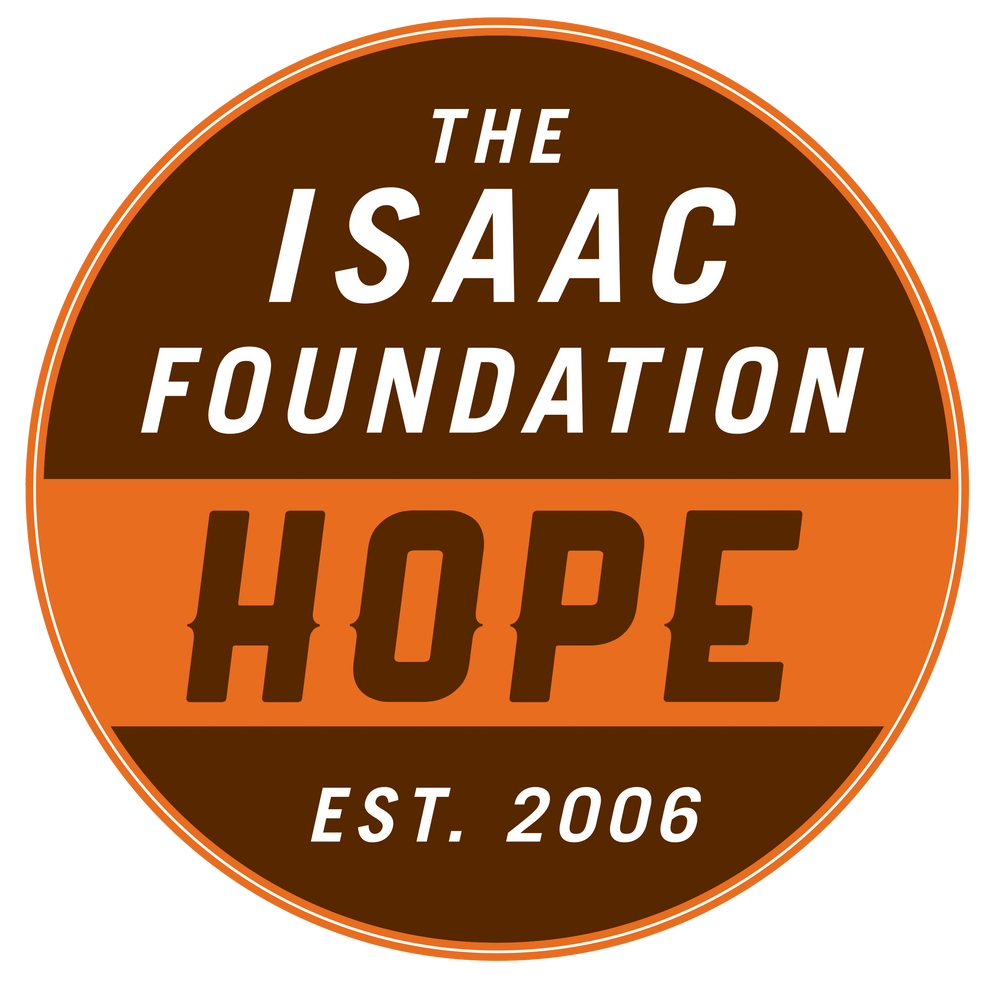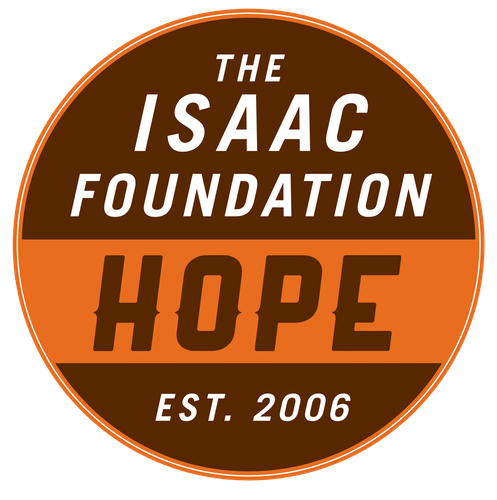



Published: 8/5/2013
August 5, 2013 by editor
A St. Albert couple is waging a fight with the Alberta government for their daughter’s life.
Laura and Dane Sadownyk live in Erin Ridge with their three-year-old daughter Aleena who, earlier this year, was diagnosed with an extremely rare condition called MPS VI, or Maroteaux-Lamy Syndrome. Treatment is available, but could cost anywhere from $300,000 to $1 million a year, and the family is working with a foundation out of Ontario to get the province to fund treatment through its Short-term Exceptional Drug Therapy Program.
The parents of three-year-old Aleena Sadownyk are fighting to have treatment for their daughter’s rare medical condition funded by the Alberta government. (Photo supplied)
“It’s devastating to hear your child has any kind of condition that not only is rare, but takes time to find,” Dane said. “We’ve been through a wide range of emotions, for sure, as parents. You’re trying to absorb it all; it’s surreal at times.”
Currently, there are only nine cases of MPS VI in Canada and 1,100 worldwide. Sufferers lack an enzyme in their blood that breaks down cellular waste called glycosaminoglycan (GAG). This waste then builds up in bones, tissues, organs and muscles, causing heart and lung disease, stiffened joints, shortened stature and premature death.
Aleena was diagnosed with MPS VI in April, and since then, Dane said that she has dealt with it pretty well.
“She does have a very keen sense of what’s going on around her,” he said. “When your daughter starts asking questions like, ‘Are we going to the doctor today?’ and things of that nature, you know they’re sensing there’s something going on.”
There is no cure for MPS VI, but it can be managed through an enzyme replacement therapy called Naglazyme, which infuses small doses of a synthetic version of the enzyme Aleena is lacking on a weekly basis.
However, given how expensive treatment is, the Sadownyks need help from the provincial government. They have already applied to the Alberta Rare Disease Funding Program, but were told that was not the right program because Naglazyme had not been given general market approval through Health Canada.
“My heart goes out to the Sadownyk family. I know they want to do everything they can to help their daughter,” Alberta Health Minister Fred Horne said in a statement emailed to the Leader.

Health Minister Fred Horne. (Sun Media News Services)
“Because [Naglazyme] doesn’t have federal approval, the options for funding this drug are different than for some other drugs. … [The Short-term Exceptional Drug Therapy Program] relies on medical experts to assess whether a specific drug will be safe and effective for a specific patient. It’s done on a case-by-case basis, so it can take a patient’s needs and particular health condition into account.”
Helping the Sadownyks fight their battle is the Isaac Foundation out of Ontario, headed up by Andrew McFadyen, whose son Isaac was also diagnosed with MPS VI in 2006 when he was 18 months old. He has been receiving Naglazyme treatment for about seven years and is doing “extremely well,” his dad said, and that has inspired him to help other families get the treatment they need.
“When Isaac was diagnosed, we were told there was a treatment available, but we were told by our physician, ‘Don’t even think about it because you’ll never get it here in Canada,’” McFadyen said. “For us, the only thing we could do is fight for our child, so that’s what we did. We made sure we could bring it to Canada, then we made sure we could deal with the bureaucrats to get it funded in Canada. From that, there was precedent set.”
McFadyen has helped families fight for Naglazyme funding in British Columbia, Saskatachewan and Quebec. But dealing with the Alberta government has been frustrating.
“It just seems kind of silly that a group of bureaucrats are going to sit down in a room again and review the same data and make a decision on the fate of this little girl based on what they do or do not know about the drug,” he said.
While the Sadownyks would like to get Aleena started on Naglazyme as soon as possible and say it “means the world” to have someone like McFadyen on their side, there is no set timeline for a decision from the provincial government.
“As a politician, I don’t get directly involved in assessing which drugs would be funded through that process — and appropriately leave that assessment to medical experts,” Horne said in his statement. “Department officials will continue to support the application process, a clinical review is underway now and I understand we expect a response soon.”
Meanwhile, Dane is holding out hope that treatment can begin as soon as possible.
“We have more hope now than if we were trying to navigate this on our own,” he said. “Having said that, I’ll never feel completely satisfied as a parent until the day comes and we can take her in for those treatments.”
— GLENN COOK, St. Albert Leader